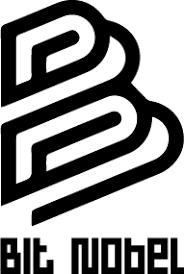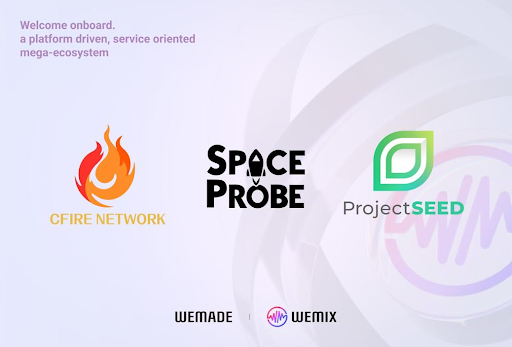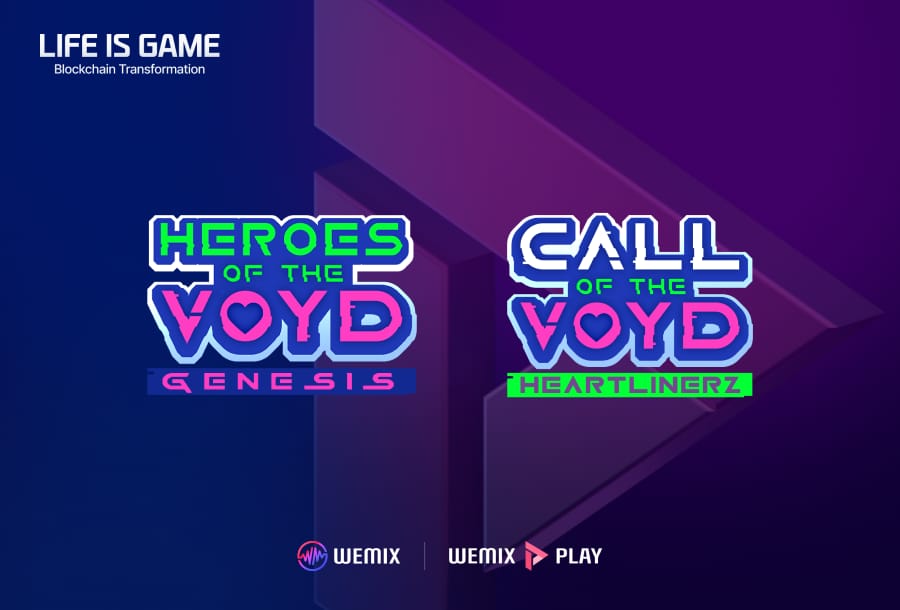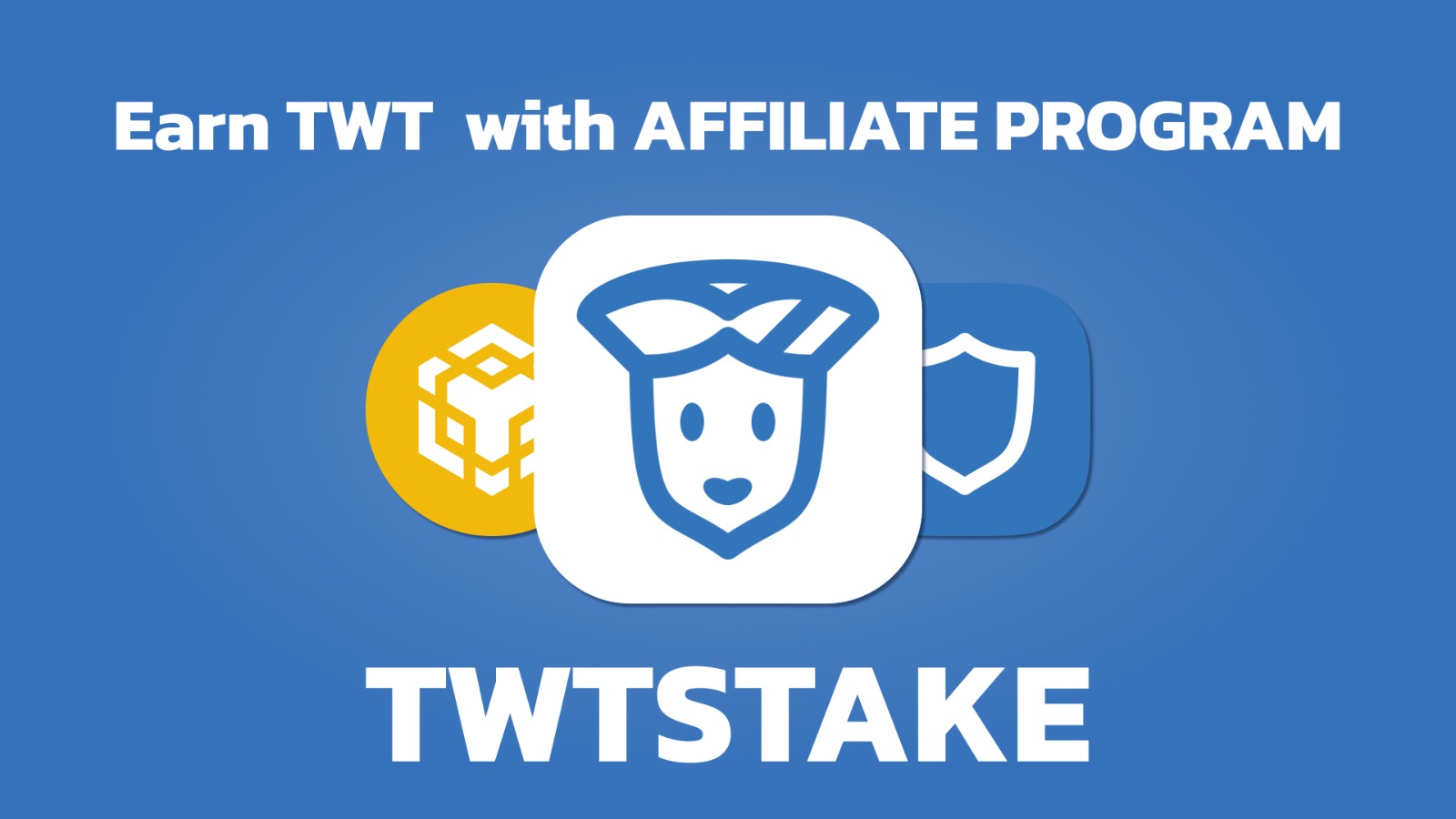DigiFT has recently achieved a significant milestone as the first regulated public blockchain exchange in Singapore, focused on asset tokenization.
We underline that obtaining the license emphasizes the exchange’s commitment to compliance with regulations and represents a key step in shaping the future of capital markets. Let’s see all the details below.
DigiFT obtains the first regulated public exchange license in Singapore
As anticipated, DigiFT, the digital asset exchange based on Ethereum, has announced that it has acquired a Capital Market Services (CMS) license and has been officially recognized as a Recognized Market Operator (RMO) by the Monetary Authority of Singapore.
The statement underlines the significant step forward in the regulation and recognition of the exchange.
The CMS license grants DigiFT permission to manage regulated activities related to collective investment schemes (CIS) titles and shares in Singapore, as well as enabling the facilitation of security token issuance.
Parallelly, the recognition as RMO grants DigiFT the power to manage a public market for secondary trading based on blockchain dedicated to security tokens.
DigiFT has celebrated this historic achievement, officially declaring itself the first regulated exchange on the public blockchain for on-chain real-world assets.
The exchange has emphasized its commitment to regulatory compliance, considering obtaining the license as a fundamental step in shaping future capital markets.
The goal of DigiFT is indeed to combine blockchain technology with traditional financial methodologies.
Some statements regarding the DigiFT revolution
In this regard, Henry Zhang, founder and CEO of DigiFT, commented as follows:
“Obtaining both the CMS license and the RMO recognition represents a significant milestone in our journey to enable regulated access to on-chain financial opportunities. As the first exchange on the public blockchain to use an AMM mechanism for secondary trading, we will continue to promote innovations, such as RMO recognition, at the intersection of finance and blockchain technology, including the tokenization process of real-world assets.”
We remind you that DigiFT focuses its activity on the tokenization of real-world assets and their on-chain availability.
Founded in 2021, the platform became part of the Singapore Fintech Regulatory Sandbox in June 2022.
DigiFT was also the first exchange to successfully implement an automated market-making (AMM) mechanism in the sandbox, facilitating the issuance of security tokens and managing an organized market for secondary trading.
In the past year, Singapore has consolidated its position as a crucial hub for the emerging industry, actively adopting new regulations to enhance the protection of citizens from risks associated with the growing sector.
MAS reveals Singapore’s new crypto regulations
Recently, the Monetary Authority of Singapore (MAS) has concluded its response to the consultation on crypto regulations, providing clear details on the proposed regulatory framework for cryptocurrencies in the country.
The response, published on December 5th, addresses crucial issues such as consumer access, corporate conduct, technological management, cybersecurity risks, and implementation timelines.
MAS has specified that all retail investors must undergo a risk awareness assessment before engaging in crypto transactions.
In addition, digital payment token service providers (DPTSP) are not authorized to offer incentives to attract retail investors and must not allow retail traders to engage in crypto transactions funded by debt or with financial leverage.
Not only that, cryptocurrency payment companies must avoid trading on their own platforms and must separate activities such as market making and acting as brokers.
Finally, they must identify and mitigate conflicts of interest appropriately, disclose token listing and governance policies to customers.







